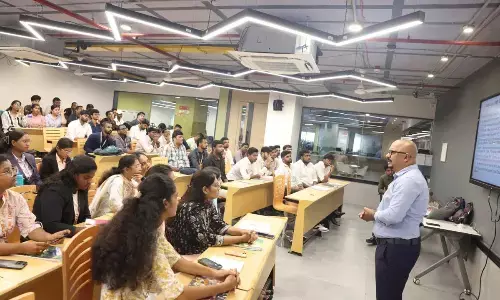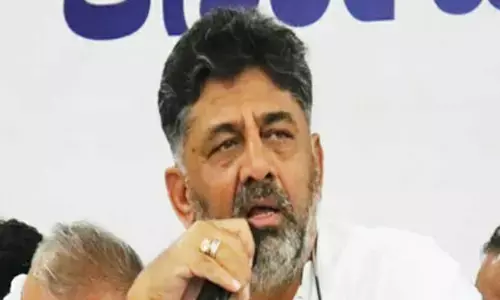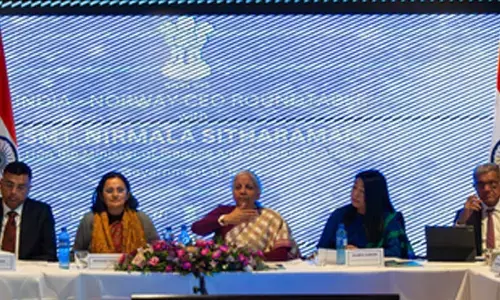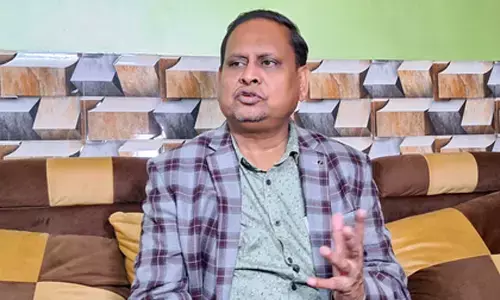CBSE schools can now teach in 22 languages

New Delhi: The Central Board of Secondary Education (CBSE) has asked its schools to consider using Indian languages as optional mediums of instruction to make multilingual education a reality.
Noting that the Ministry of Education and the National Council of Education, Research and Training (NCERT) have taken measures to introduce education in multiple languages under the National Education Policy, 2020, the board asked its schools to use available resources and collaborate with each other to make the best out of the multilingual education.
“In view of the initiatives taken to facilitate education through Indian languages, the CBSE affiliated schools may consider using Indian languages, as enumerated in the Schedule 8 of the Indian Constitution, as the medium of instruction from foundational stage till end of secondary stage (from pre-primary classes till class 12) as an optional medium in addition to other existing options,” CBSE Director (Academic) Joseph Emmanuel said in a letter to schools.
“Schools may explore the available resources, consult with experts in the field, and collaborate with other schools to share best practices to make multilingual education in CBSE schools a reality,” he added.
The board noted the challenges posed by the implementation of multilingual education and utilization of mother tongue as a medium of instruction which include availability of skilled teachers capable of teaching multilingual subjects, the creation of high-quality multilingual textbooks and time limitation, especially in two-shift government schools.
“The NCERT has taken this serious task on highest priority so that textbooks in 22 scheduled languages can be made available to all students from next sessions,” CBSE said.
The school education board went on to say that the higher education authority has also started providing education in multiple languages and is conducting exams in different languages. The textbooks in technical, medical, vocational, skill, law education, etc. are now being available in Indian languages.
CBSE further said that this initiative makes it important for schools to become the foundation of multilingual education. “Since higher education has started responding to this need then school education has to become its foundation. The approach towards medium of instruction should be a continuity from school education to higher education. Therefore, the schools affiliated to CBSE need to play a vital role in this great endeavour by offering education through Indian languages,” Emmanuel said.









